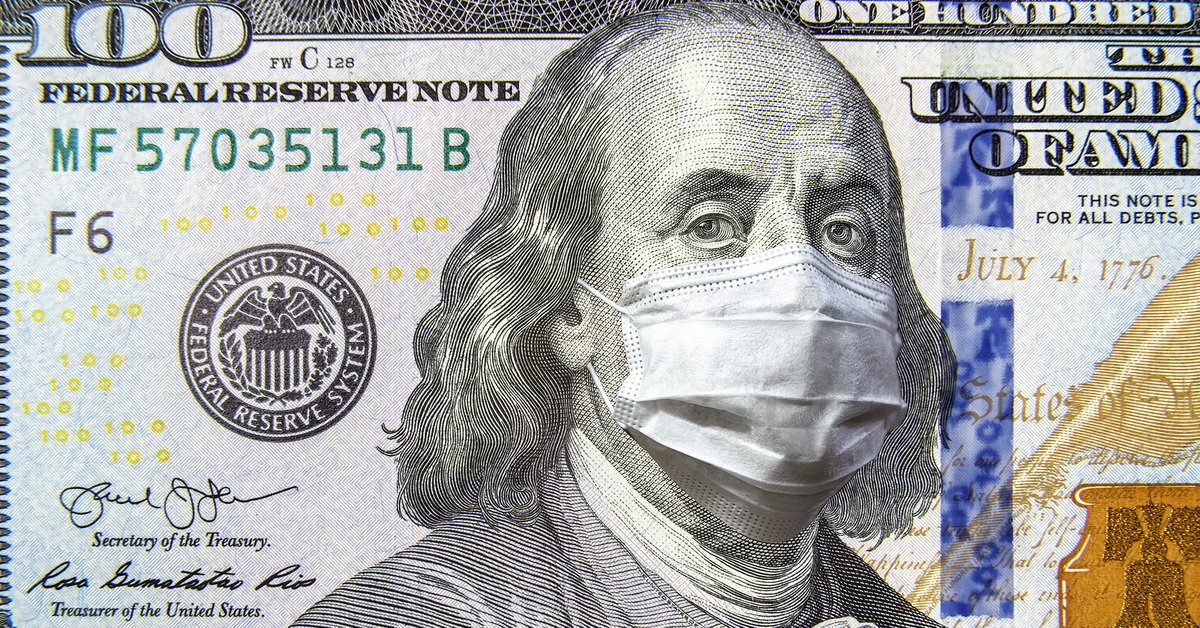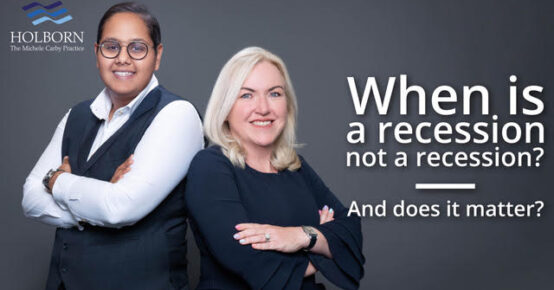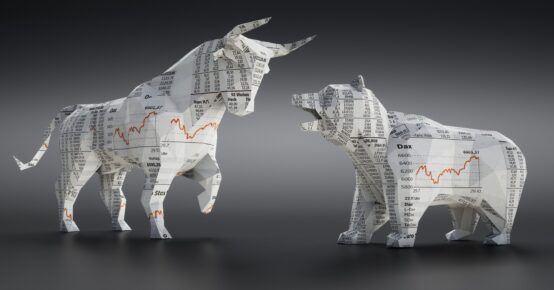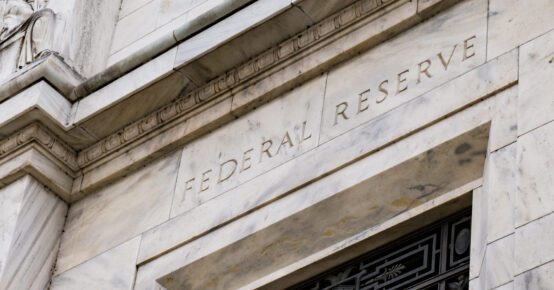What a difference a year makes! As we celebrated the New Year 2020 few if any could have foreseen the trauma that the Covid was about to unleash on the world.
The pandemic spread across the world with lightning speed bringing illness, death, and in its wake economic disaster. By March, we were witnessing the fastest fall in global stock markets in financial history. Trillions of dollars were wiped out in less than a month, the Dow Jones Industrial Average alone saw 26% of its value drop in barely four days of trading. In its wake unemployment soared, between April and June the International Labour Organisation reported that 400 million people worldwide had lost their jobs. Company insolvencies hit record levels, and global GDP dropped by a staggering 4.5%.
Behind all these macro statistics are hundreds of millions of individual human stories of people trying to come to terms with the worst global public health crisis in a generation and the financial impact on their lives.
As we cross into 2021, we see signs of hope that the pandemic can be tamed. Vaccination programmes are starting to roll out and with that the hope that we can put a life of lockdowns and travel restrictions behind us and the world economy can stabilize and start to regrow. There is a long way to go, but as we start on that journey, I thought it was worth reflecting on the personal financial planning lessons that we can take from the year of Covid. These are my big three takeaways:
Establish (or replenish) your emergency fund
As we have seen, disaster can strike at any time. When it does the situation is significantly eased by having access to a rainy day fund. I have always advised clients that they should have ready access to cash in case of emergency.
Pandemics are infrequent, but there are many other examples of personal or family emergencies that can be eased by the availability of cash reserves. My standard advice to clients is to build up an emergency fund of at least six months of regular spending to give them a buffer in times of crisis.
Get insured!
Insurance is your umbrella in times of disaster. This year showed the absolute importance of having first-class medical insurance in place. As medical resources were stretched worldwide to deal with Covid cases, those with medical insurance had the peace of mind that if they feel sick, they would be able to access the care they needed whether it was Covid related or not.
The year also showed the value of other types of insurance. Generally, people don’t like to talk (or even think about) their mortality, but life insurance is crucial, particularly for the family’s primary income earner. God forbid that if something happens to them at least their family will be financially secure. Critical illness insurance is another policy that can provide financial support when serious health issues arise.
Investments are long term
In February and March, my phone rang white-hot from clients concerned about markets falling off the cliff. The media was full of doom and disaster and spread panic fueling further frantic selling of assets on an unprecedented scale. Of course, we made adjustments to portfolios, but as our webinars at the time demonstrate, it was the time for cool heads and considered action rather than desperate, wholesale sell-offs. As Payal pointed out, there is value to be found in falling markets and as we see today, many markets are either recovered or recovering.
I hope those insights are useful. Happy New Year, I am sure we are all pleased to see the back of 2020. Let’s hope for a healthier and more prosperous 2021 for us all.
If you would like to look at your financial planning please get in touch directly with Michele on +971 50 618 6463 or email [email protected].












